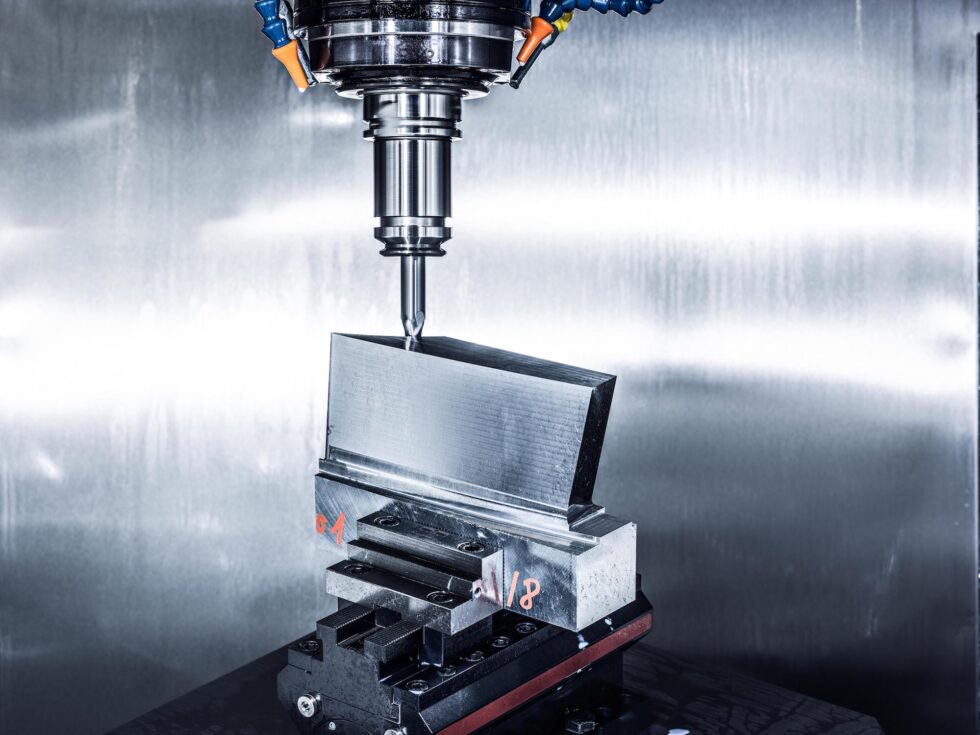Longevity and quality go hand in hand when it comes to the machine tools on your production line, and respect for your tools pays big dividends. A machine tool can give you more than a decade of service, if you choose a well-made piece of equipment and take good care of it. That fundamental truth makes all the more sense when you apply it to your spindle, the heart of your machine and the key to its performance.
Proper preventive maintenance upholds the value of your investment in good equipment. When you follow the manufacturer’s recommendations for spindle care and routine service, you protect your profits as well as your productivity. Along with scheduled oil changes, coolant upkeep and spindle inspections help you stay ahead of problems that can damage your machine and shorten its working life.
Some shops argue that their heavy equipment utilization leaves no time to take machine tools offline for periodic maintenance, but that argument misses out on two central facts of machining. First, proper preventive maintenance increases the life of a machine tool and reduces unexpected downtime. Second, efficient equipment scheduling leaves room for service and doesn’t plan for 100% capacity.
Periodic maintenance and commonsense daily care go a long way toward extending machine life. Just as you wouldn’t put worn tires on a brand-new vehicle, you don’t want to use poorly made, worn, rusted or damaged toolholding on a brand-new machine tool – or any piece of equipment. Cutting corners hurts your investment, warping the spindle, causing accuracy problems and unleashing harmful vibration. If you invest in machine tools with high-speed spindles – above 10,000 rpm – you really need balanced toolholding to avoid creating poor harmonics that can damage spindle bearings and other components. To minimize the stress on your spindle, always use high-quality toolholding that’s made to exacting specifications by a company that manufactures its own products and guarantees their performance.
To maximize the working life of your machine tools, maintain your coolant with the same attentiveness that you give to other aspects of upkeep. A good shop checks its coolant levels weekly, verifies coolant chemistry to ensure that it doesn’t turn acidic and keeps vital fluids free of impurities. Depending on the application and the working environment, filtration systems or skimmers remove particles of machining debris that can damage your equipment. The right air supply also is essential to avoiding faults that cause downtime, or to introducing impurities and corrosive condensation into the machine.
When you take care of your equipment, your equipment takes care of you. A well-maintained machine tool that only sees high-quality toolholding – in peak condition – gives your shop every advantage of its capabilities. Make preventive-maintenance procedures second nature and you’ll reap the rewards of a properly functioning spindle.

